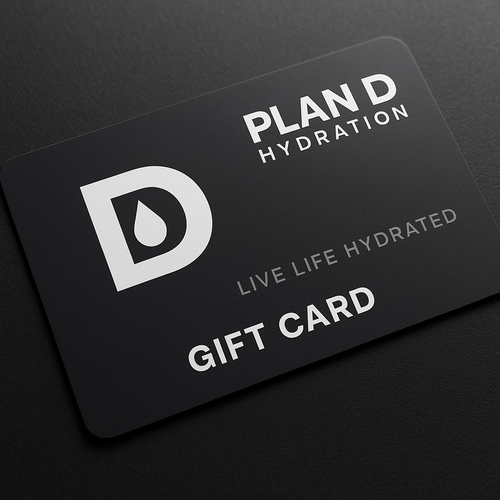Dehydration occurs when your body loses more fluids than it takes in, impairing its ability to function properly. Recognizing the signs early is crucial to prevent complications. As of 2025, new studies have highlighted the increasing prevalence of mild to moderate dehydration among adults due to busy lifestyles and climate-related factors, underscoring the need for public awareness.
Here are seven common symptoms of dehydration and how to address them:
-
Thirst and Dry Mouth
Thirst is the body's natural response to dehydration. A dry or sticky mouth often accompanies this sensation. It's essential to drink fluids regularly, not just when you feel thirsty, to maintain optimal hydration levels. -
Dark-Colored Urine and Decreased Urination
Dark yellow or amber-colored urine indicates concentrated waste, a sign of dehydration. Additionally, urinating less frequently than usual can be a red flag. Aim for pale yellow urine as a marker of good hydration. -
Fatigue and Dizziness
Dehydration can lead to reduced blood volume, causing fatigue, dizziness, or lightheadedness, especially when standing up quickly. Ensuring adequate fluid intake helps maintain energy levels and blood pressure stability. -
Dry Skin and Decreased Skin Elasticity
Skin may become dry and lose its elasticity when dehydrated. A simple test is to gently pinch the skin on the back of your hand; if it doesn't return to its normal position promptly, you might be dehydrated. -
Headaches
Lack of adequate fluids can cause headaches due to reduced oxygen and nutrient flow to the brain. Staying hydrated ensures proper brain function and can alleviate headache symptoms. -
Rapid Heartbeat and Breathing
In severe dehydration, the heart works harder to pump a reduced volume of blood, leading to an increased heart rate and rapid breathing. This condition requires immediate medical attention. -
Confusion or Irritability
Electrolyte imbalances from dehydration can affect brain function, leading to confusion, irritability, or difficulty concentrating. Rehydrating with fluids containing electrolytes can help restore mental clarity.
Recent research published in 2025 by the Mayo Clinic emphasizes that even a 1–2% loss in body water can impair cognitive performance and physical endurance. The study reinforces that symptoms such as headaches, fatigue, and impaired focus are not just discomforts but early warning signs of dehydration.
Treatment and Prevention:
-
Increase Fluid Intake: Drink water consistently throughout the day.
-
Electrolyte Solutions: In cases of significant fluid loss, such as after intense exercise or illness, consider drinks that replenish electrolytes.
-
Monitor Urine Color: Use urine color as a simple gauge for hydration status.
-
Seek Medical Attention: If symptoms of severe dehydration occur, such as rapid heartbeat, confusion, or fainting, seek immediate medical care.
Maintaining proper hydration is vital for overall health. By recognizing the signs of dehydration early and taking appropriate action, you can prevent complications and ensure your body functions optimally.
References:
-
Mayo Clinic. (2025). Dehydration - Symptoms & Causes. https://www.mayoclinic.org/diseases-conditions/dehydration/symptoms-causes/syc-20354086
-
Cleveland Clinic. (2025). Dehydration: Symptoms & Causes. https://my.clevelandclinic.org/health/diseases/9013-dehydration
-
Verywell Health. (2025). Dehydration With Symptoms: How to Rehydrate. https://www.verywellhealth.com/dehydration-8662174
